Tartalomjegyzék
- What Is the Endocannabinoid System and Why Does It Matter?
- What Exactly Is THC and Why Does It Cause Psychoactive Effects?
- What Makes CBD So Popular for Wellness?
- What Is CBG and Why Is It Called the Parent Molecule?
- What Are the Key Differences Between CBG, CBD, and THC?
- What Do Studies Say About Cannabinoid Research?
- How Should You Choose the Right Cannabinoid for You?
- What Does the Future Hold for Cannabinoid Wellness?
- Conclusion: Why Understanding CBG vs CBD vs THC Matters
- Works Cited
Understanding how CBG, CBD, and THC work can feel confusing at first, especially since they all come from the same cannabis plant. Yet, these compounds—called cannabinoids—each have their own unique properties, effects, and potential health benefits. Whether you’re curious about chronic pain, anxiety relief, or sleep disorders, knowing how cannabinoids affect the body's endocannabinoid system can help you make more informed wellness decisions.
In this guide, we’ll break down what makes CBG, CBD, and THC different, how they interact with the central nervous system, and what research suggests about their therapeutic potential for your mind and body.
What Is the Endocannabinoid System and Why Does It Matter?
The endocannabinoid system (ECS) is your body’s natural regulatory network. It helps control physiological processes like mood, pain, appetite, sleep, and immune response.
How Does the ECS Work?
The ECS is made up of three main components:
- Endocannabinoids: Naturally occurring molecules that your body produces.
- Cannabinoid receptors (CB1 and CB2): These are found throughout your nervous system, immune system, and even in brain cells.
- Enzymes: They break down cannabinoids after they’ve done their job.
When you consume cannabis or hemp products, plant-based cannabinoids like CBD, CBG, and THC interact with these receptors—creating different physiological effects depending on their chemical structure.
What Exactly Is THC and Why Does It Cause Psychoactive Effects?
THC, or tetrahydrocannabinol, is the primary psychoactive compound in the cannabis plant. It’s the reason people experience a “high” when using marijuana.
How Does THC Affect the Brain?
THC binds directly to CB1 receptors in the brain, which influence pain perception, mood, and mental clarity. This binding creates psychoactive effects such as euphoria, relaxation, or increased sensory awareness.
What Are the Potential Benefits of THC?
Despite its intoxicating effects, THC offers several therapeutic benefits, especially for those managing chronic or severe health conditions.
Some potential benefits include:
- Pain relief for conditions like multiple sclerosis and neuropathic pain.
- Improved sleep quality for individuals with insomnia symptoms.
- Appetite stimulation, particularly for patients undergoing treatments like chemotherapy.
- Muscle relaxation and relief from spasms or stiffness.
Is THC Legal?
In many regions, hemp-derived cannabinoids that contain less than 0.3% THC are federally legal, but marijuana-derived products remain regulated. Always check your local laws before purchasing or using THC-containing products.
You can explore a range of psychoactive cannabinoids available at Canapuff’s Psychoactive Collection.
What Makes CBD So Popular for Wellness?
CBD (cannabidiol) is one of the most widely recognized non psychoactive cannabinoids. Unlike THC, it doesn’t cause a high, making it appealing for those seeking holistic wellness without psychoactive properties.
How Does CBD Work?
CBD doesn’t bind directly to CB1 and CB2 receptors. Instead, it interacts indirectly—helping balance the body’s endocannabinoid system and influencing how other cannabinoids work.
What Are the Health Benefits of CBD?
Research suggests CBD may help with:
- Anxiety disorders and stress reduction.
- Pain management through its anti inflammatory properties.
- Improved sleep quality and relaxation.
- Neuroprotective properties that support brain cells and mental health.
- Gut health and inflammation reduction.
Why Choose Hemp-Derived CBD?
Hemp-derived CBD is extracted from hemp plants containing minimal THC, making it safe, non-intoxicating, and federally legal.
If you’re seeking relaxation or discomfort relief, explore Canapuff’s Relax Collection, where you’ll find carefully selected CBD oil and related products for balance and peace.
What Is CBG and Why Is It Called the Parent Molecule?
CBG (cannabigerol) is often referred to as the parent molecule of cannabinoids. In the early growth stages of cannabis and hemp plants, CBG acts as a precursor to other cannabinoids such as CBD, THC, and CBN.
How Does CBG Affect the Body?
While CBG is a minor cannabinoid, it has own unique properties that influence cannabinoid receptors differently than CBD or THC. It binds partially to both CB1 and CB2 receptors, impacting pain perception, inflammation, and emotional balance.
What Are the Potential Health Benefits of CBG?
Early research and anecdotal evidence suggest that CBG may offer:
- Potential anti inflammatory and neuroprotective properties.
- Improved gut health and digestive support.
- Discomfort relief for chronic pain.
- Better focus and mental clarity without psychoactive effects.
How Does CBG Compare to CBD?
When it comes to cbg vs cbd vs thc, both CBG and CBD are non psychoactive, meaning they don’t cause a high. However, CBG appears to work more directly with cannabinoid receptors, offering unique support for the nervous system and immune system.
You can explore CBG and CBN options from Canapuff’s Bestseller Collection.
What Are the Key Differences Between CBG, CBD, and THC?
Let’s break down the key differences to understand how each compound uniquely affects your body and mind.
|
Feature |
THC |
CBD |
CBG |
|
Type |
Psychoactive |
Non-psychoactive |
Non-psychoactive |
|
Receptor Interaction |
CB1 and CB2 (strong binding) |
Indirect interaction |
Partial CB1 and CB2 binding |
|
Effects |
Euphoria, relaxation |
Calm, balance |
Focus, alertness |
|
Primary Uses |
Pain, sleep, appetite |
Anxiety, pain, inflammation |
Gut health, clarity, inflammation |
|
Legality |
Restricted in many areas |
Federally legal (hemp-derived) |
Federally legal (hemp-derived) |
Each cannabinoid plays a unique role in the entourage effect, a concept where compounds interact synergistically, enhancing their therapeutic potential. The entourage effect suggests that using multiple cannabinoids together—like CBD, CBG, and CBN—can yield greater wellness benefits than using one alone.
What Do Studies Say About Cannabinoid Research?
Cannabinoid research continues to grow rapidly. While animal models show promising results for pain management and mental health, more research is needed to confirm effects in humans.
Some notable findings include:
- THC and CBD combinations can improve pain relief for neuropathic pain and multiple sclerosis.
- CBD and CBG may reduce inflammation and support gut health.
- CBN benefits include sedative effects that may ease insomnia symptoms.
As interest in minor cannabinoids increases, so does the potential for holistic wellness applications.
How Should You Choose the Right Cannabinoid for You?
Choosing between cbg vs cbd vs thc depends on your personal goals, tolerance, and health concerns.
Consider These Factors:
- For relaxation: Try CBD or CBN.
- For focus and clarity: CBG may help improve mental clarity.
- For sleep disorders: Look for CBN benefits and sedative effects.
- For pain management: A combination of THC and CBD can provide balanced pain relief.
- For anxiety relief: CBD and CBG are excellent non-intoxicating options.
Always consult a healthcare professional before starting any new supplement, especially if you take medications or have chronic health conditions.
You can discover different formulations for wellness benefits at Canapuff’s Kratom Collection and explore modern nicotine vape options at Canapuff’s Vape Collection.
What Does the Future Hold for Cannabinoid Wellness?
The future of cannabinoid research is bright. As more research emerges, scientists are uncovering how other cannabinoids interact with our endocannabinoid system to influence pain perception, regulating mood, and even immune function.
With growing interest in hemp plants and federally legal products, the potential for safe, natural therapeutic benefits continues to expand. Whether through hemp-derived CBD, CBG, or minor cannabinoids, these compounds are reshaping how people view natural health and holistic wellness.
Conclusion: Why Understanding CBG vs CBD vs THC Matters
Each cannabinoid offers something special:
- THC supports pain relief and sleep quality but comes with psychoactive effects.
- CBD provides calmness and anti inflammatory effects without intoxication.
- CBG enhances focus, digestion, and neuroprotective properties.
Together, they form a powerful team that supports emotional balance, mental health, and overall wellness.
If you’re ready to explore premium cannabinoid products that promote balance and relaxation, visit Canapuff—your trusted source for quality, lab-tested hemp and cannabis wellness options.
Works Cited
- National Center for Complementary and Integrative Health. “Cannabis (Marijuana) and Cannabinoids: What You Need to Know.” U.S. Department of Health and Human Services, 2024.
- World Health Organization. “Cannabidiol (CBD) Critical Review Report.” Expert Committee on Drug Dependence, 2018.
- National Institutes of Health. “The Endocannabinoid System: Overview and Role in CNS Function.” 2023.
- Harvard Health Publishing. “CBD Products and Their Effects on Health.” Harvard Medical School, 2022.
- U.S. Food & Drug Administration. “FDA Regulation of Cannabis and Cannabis-Derived Products.” FDA.gov, 2023.



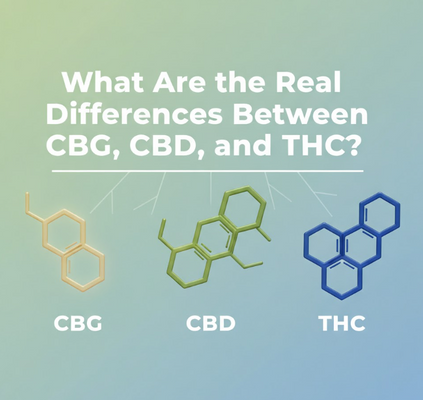

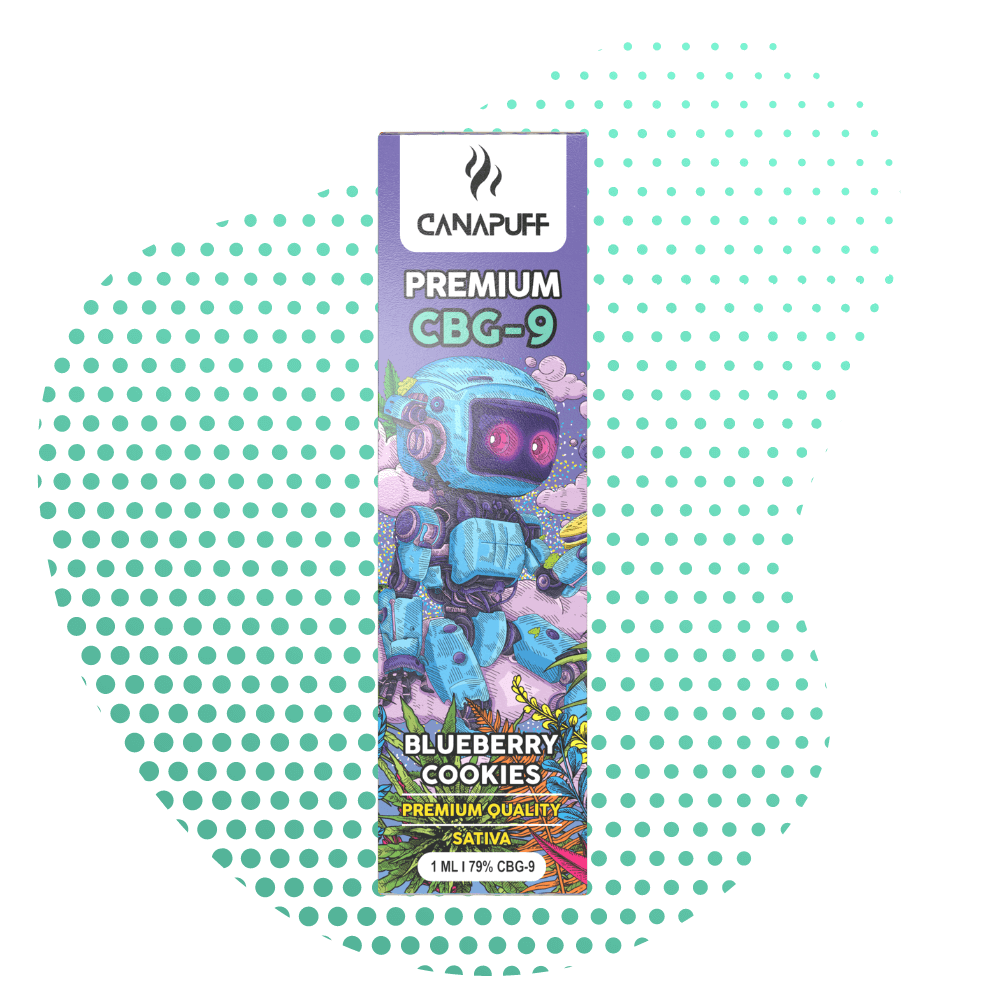
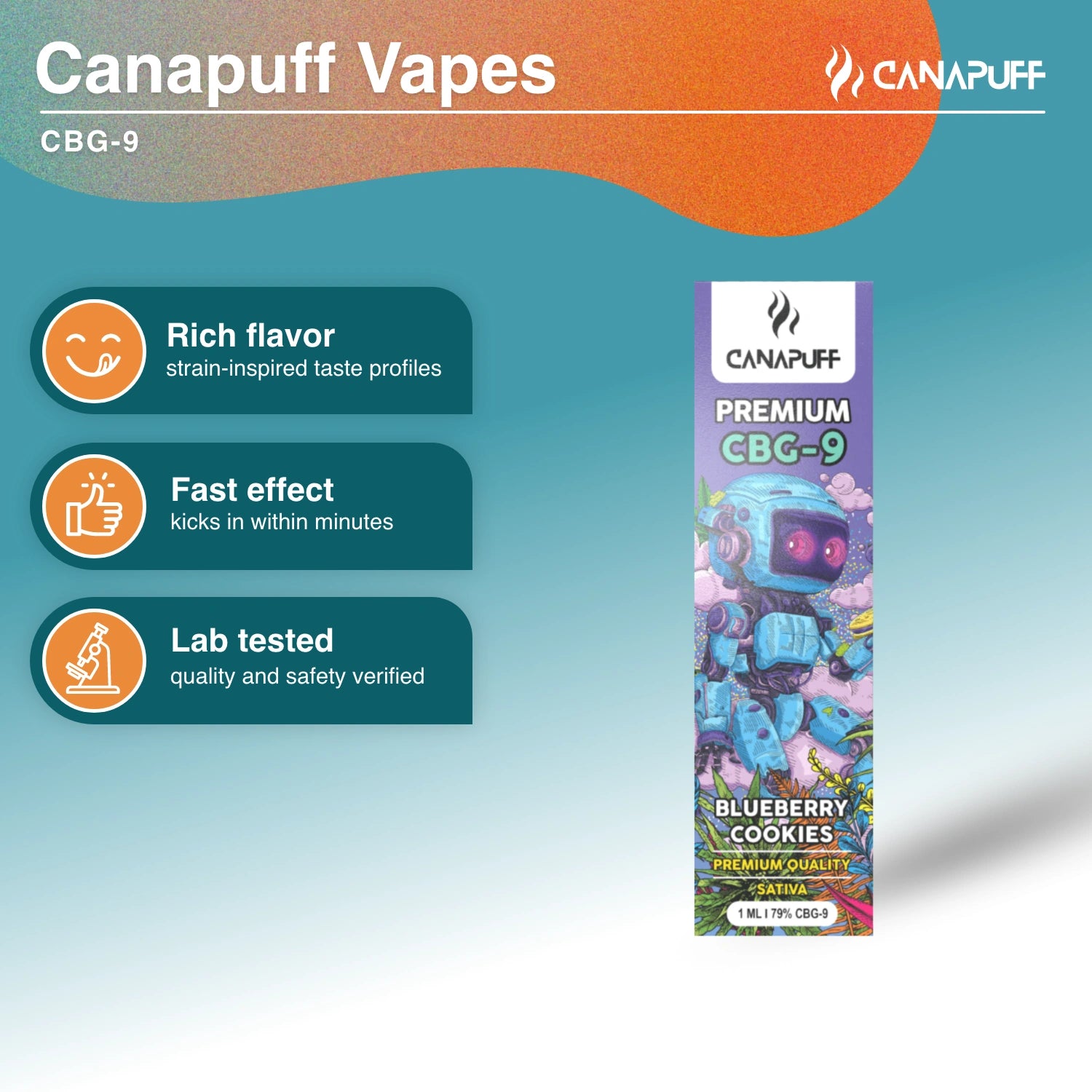
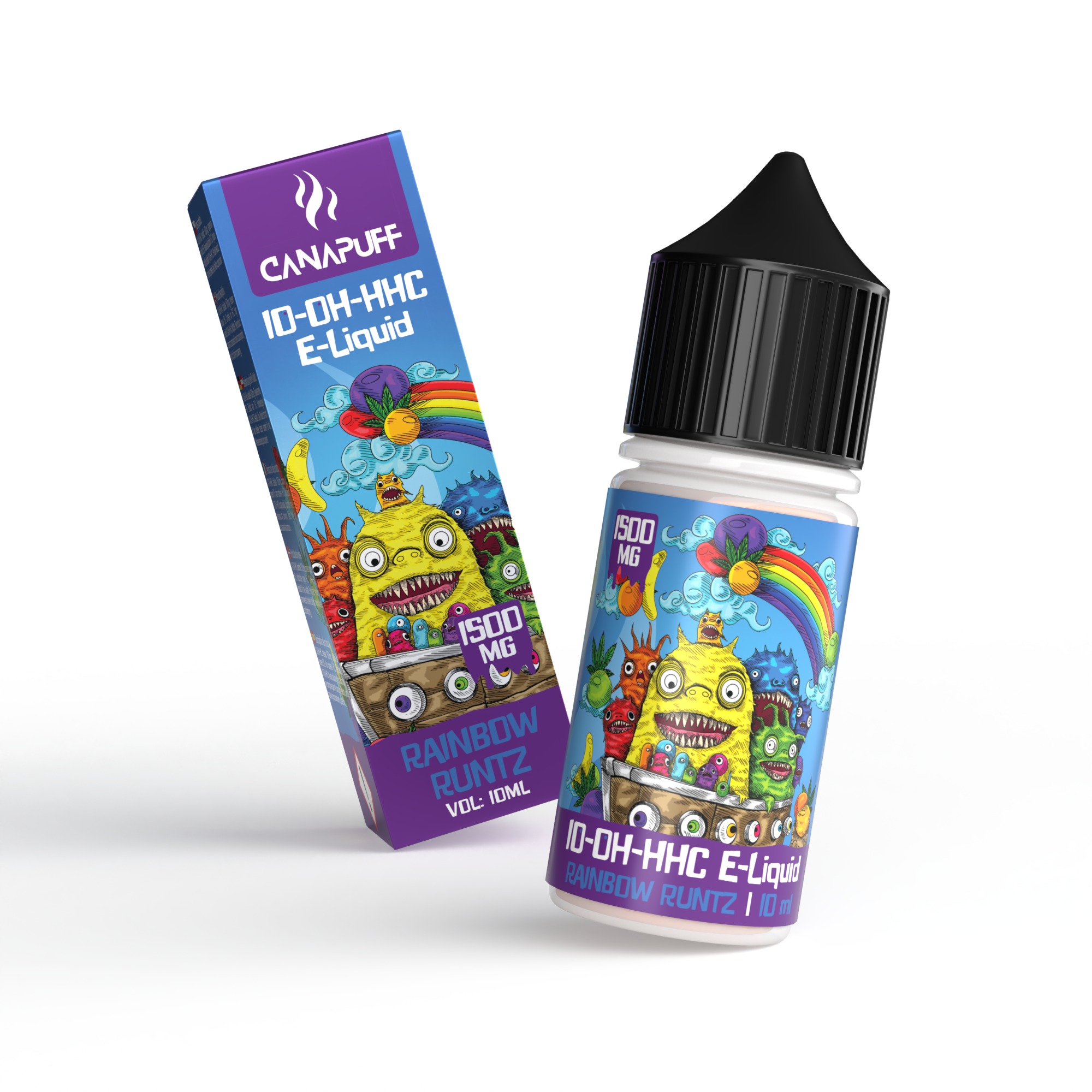
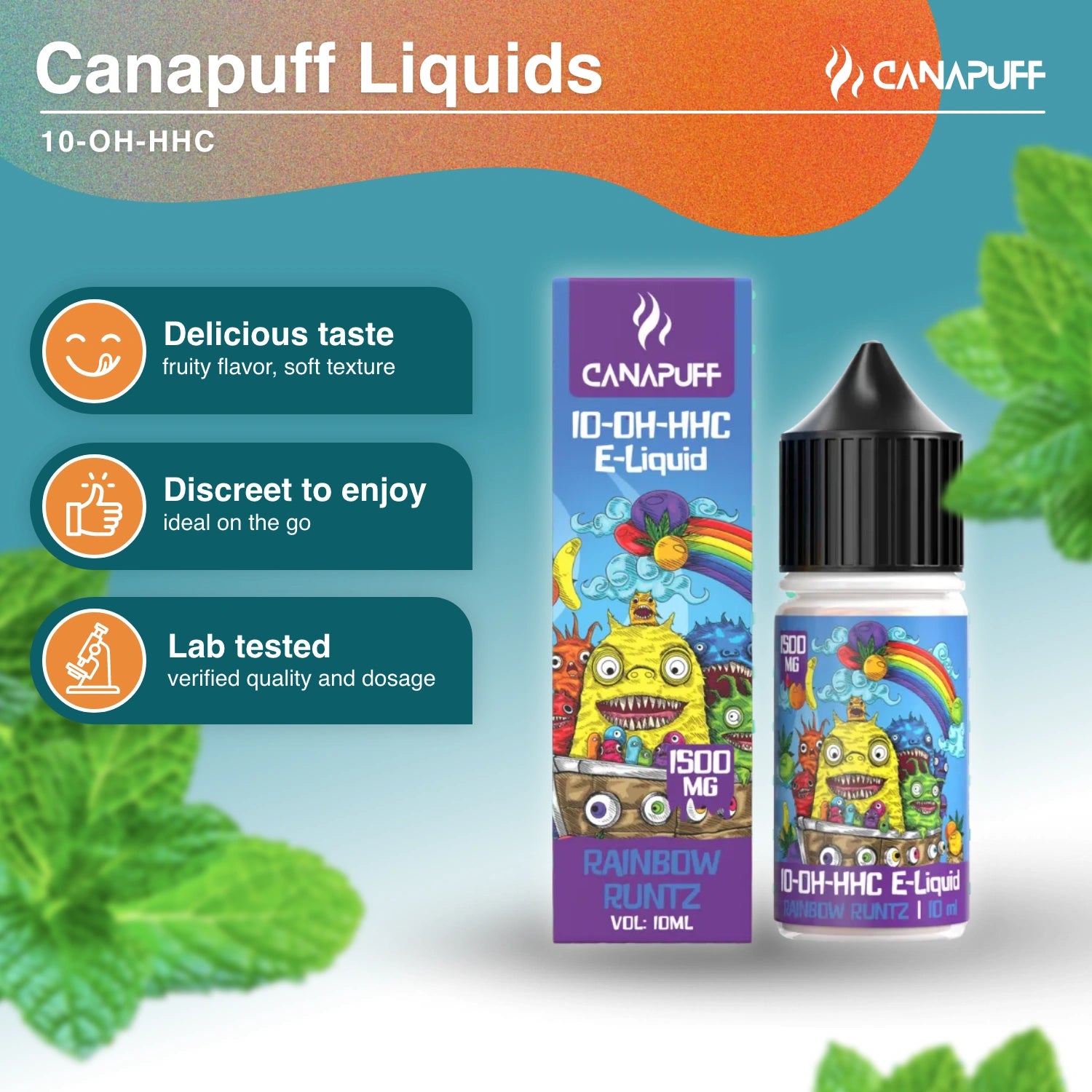
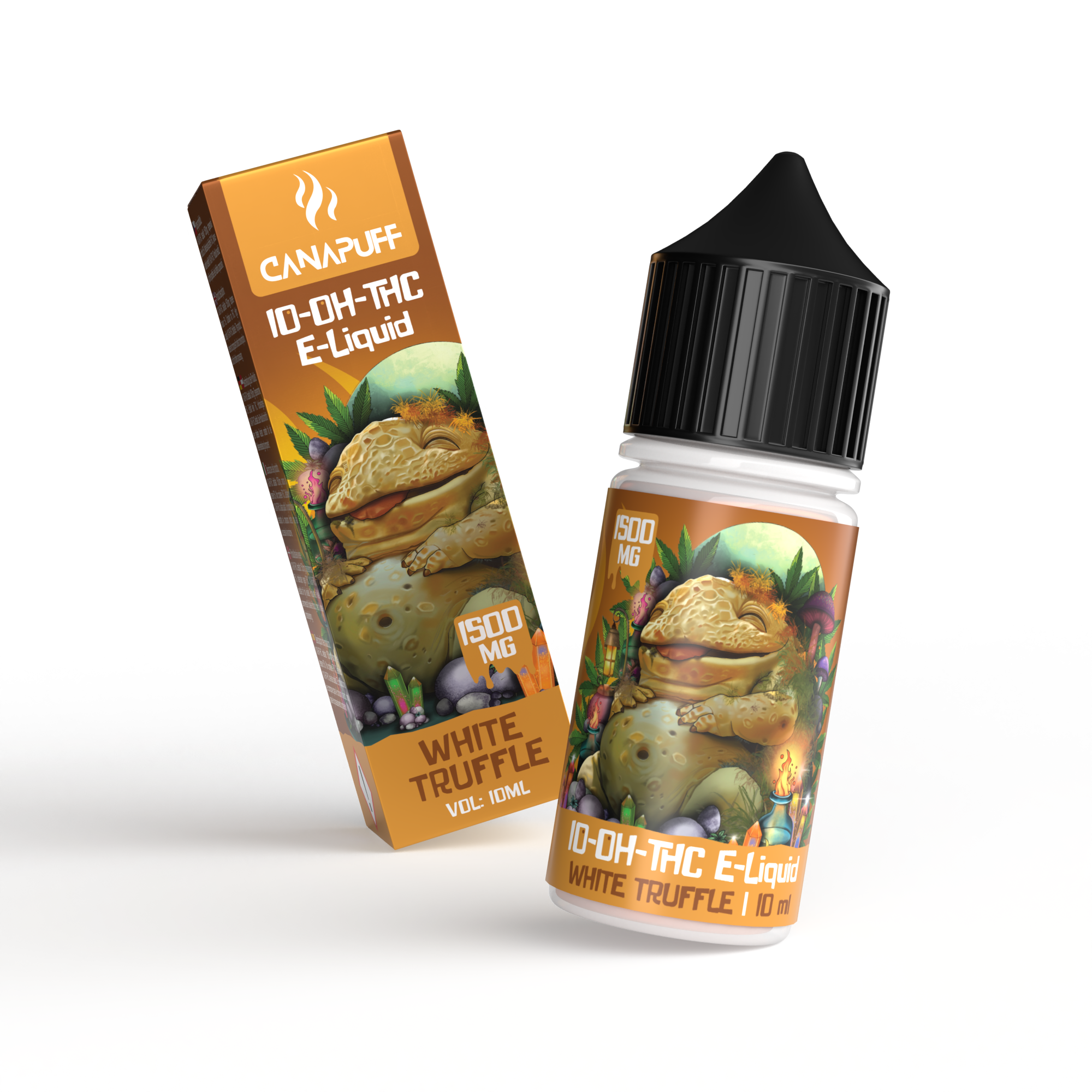
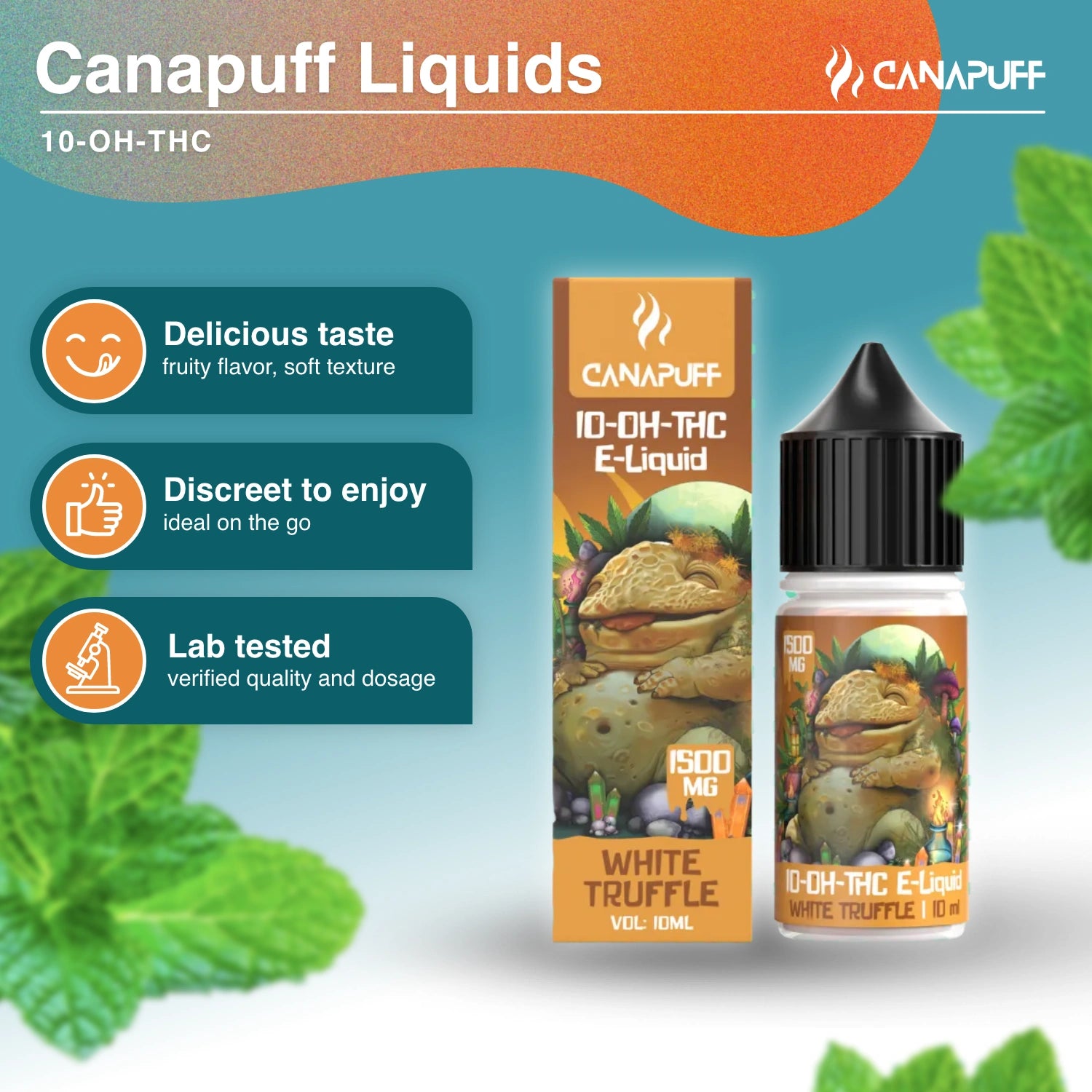
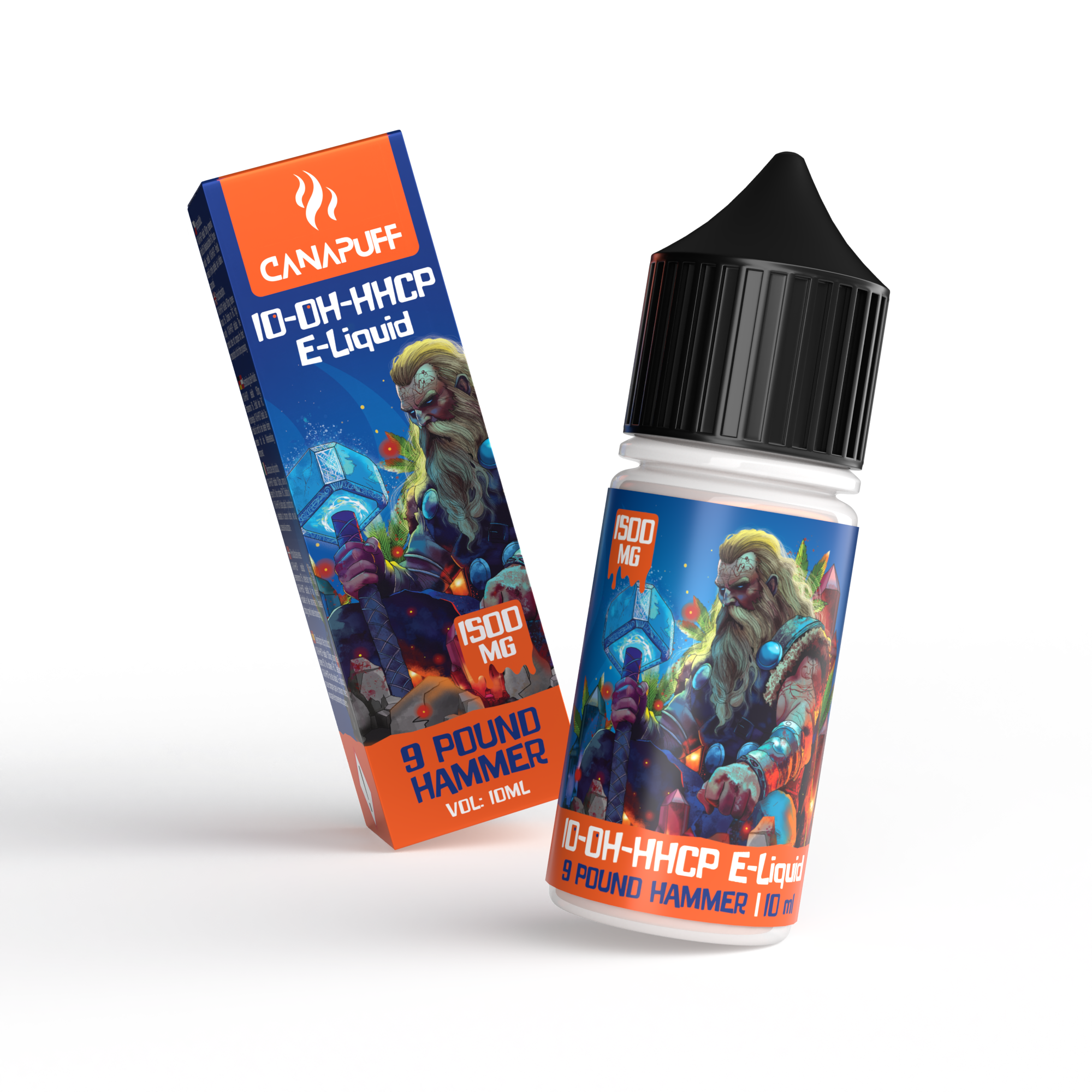
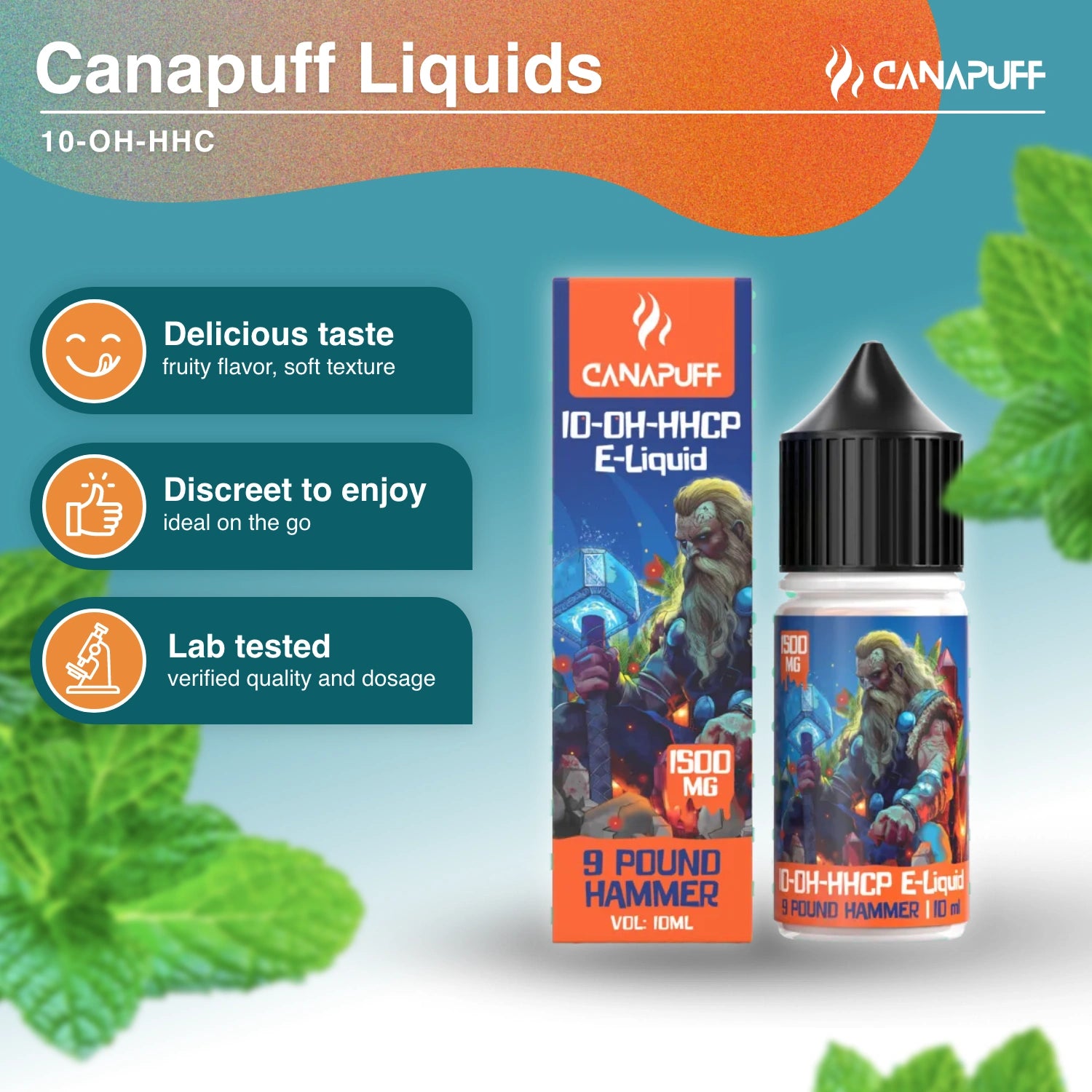

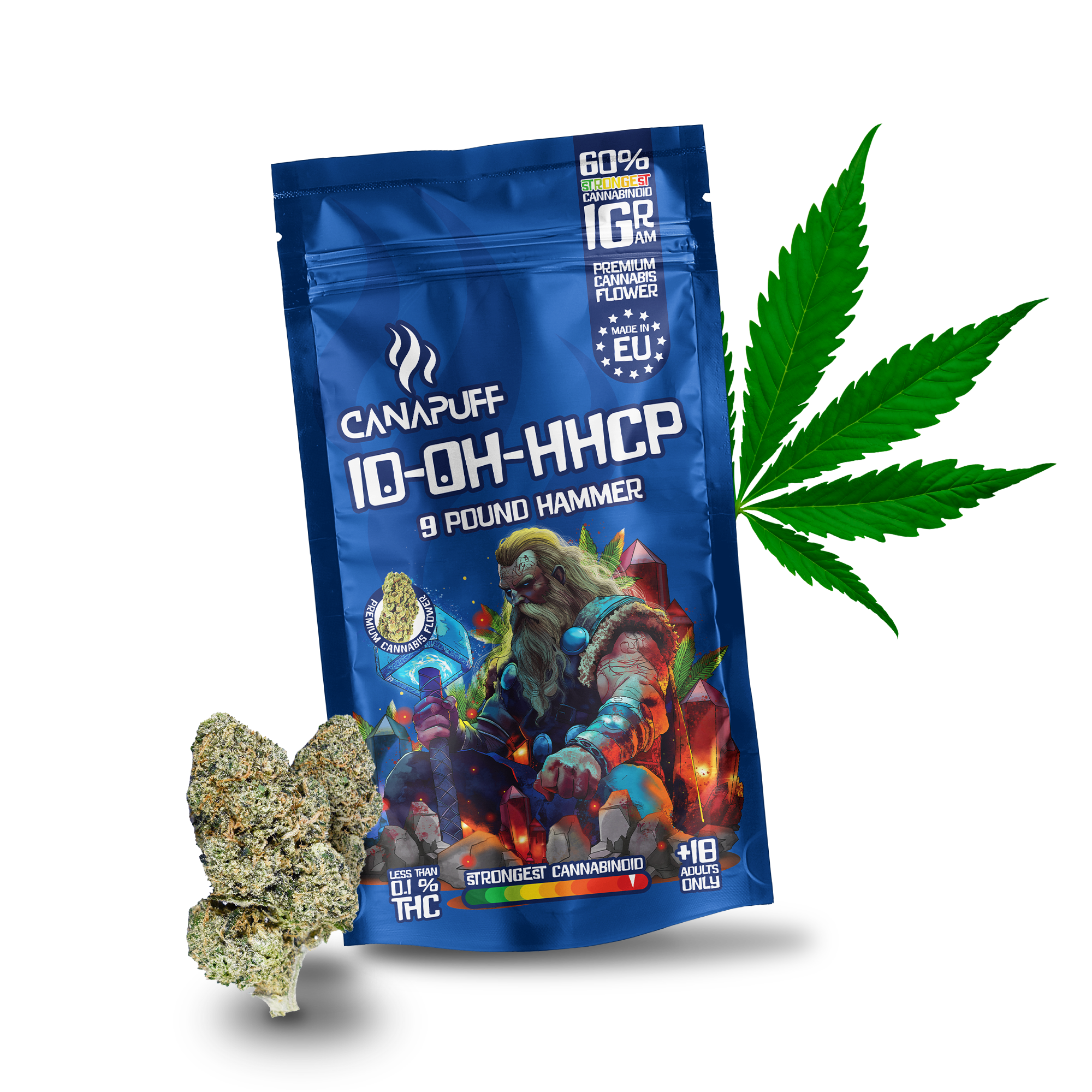
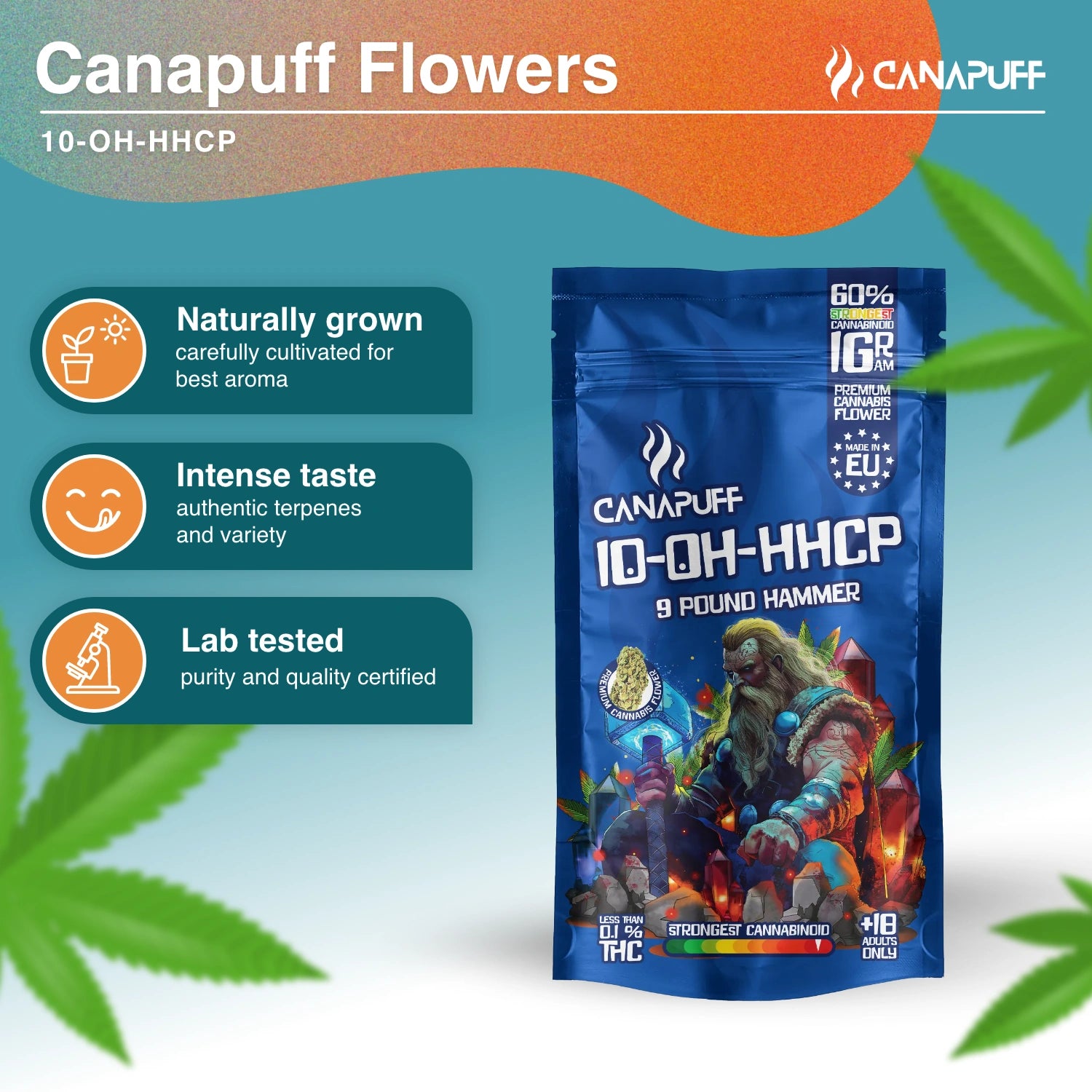
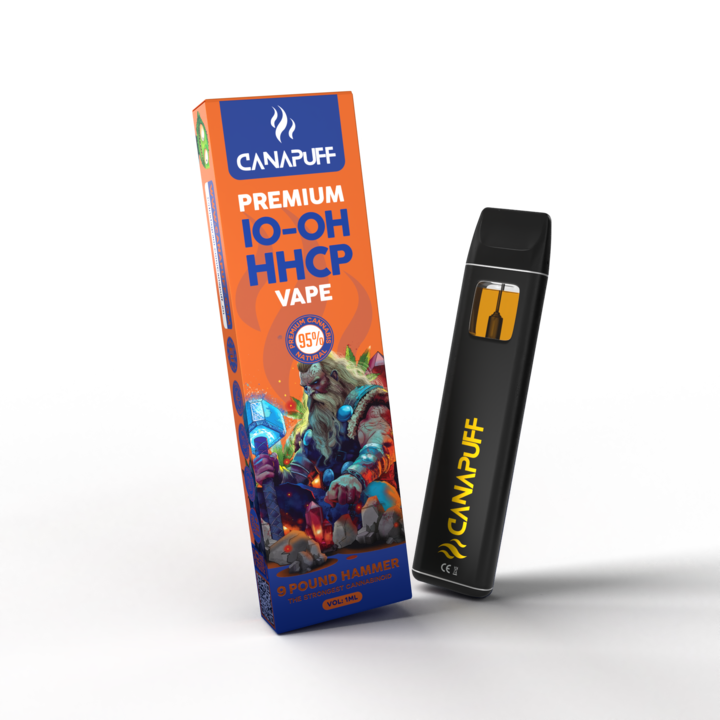
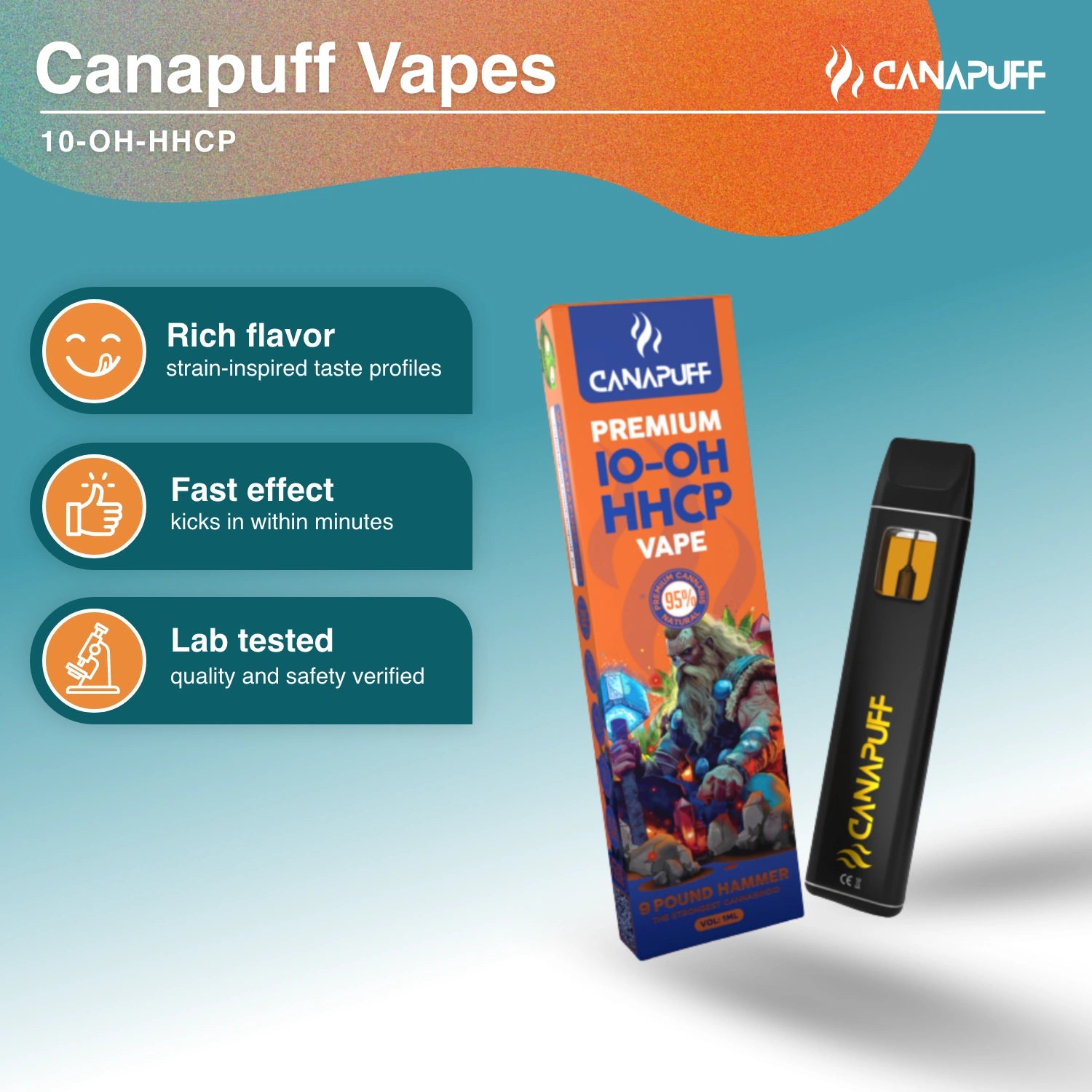
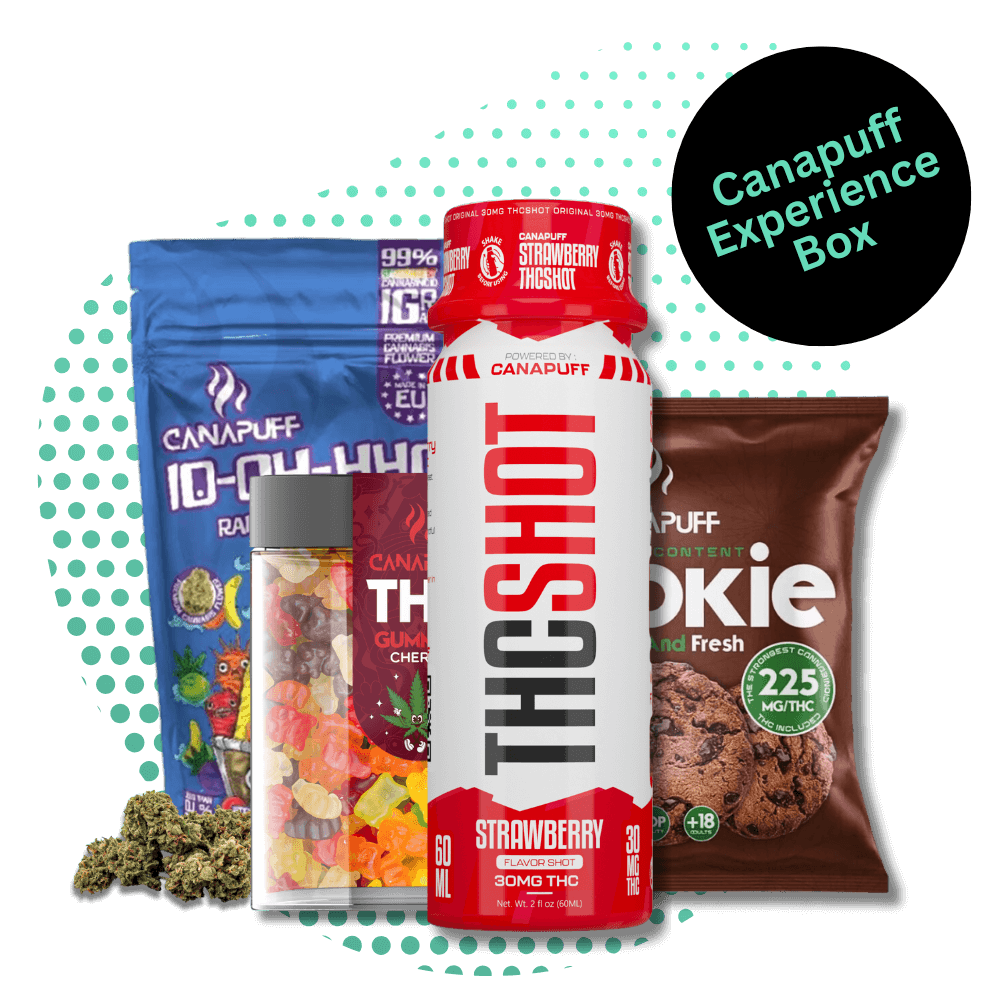












Hozzászólás
Ezt a webhelyet a hCaptcha rendszer védi, és a hCaptcha adatvédelmi szabályzata, valamint szolgáltatási feltételei vonatkoznak rá.